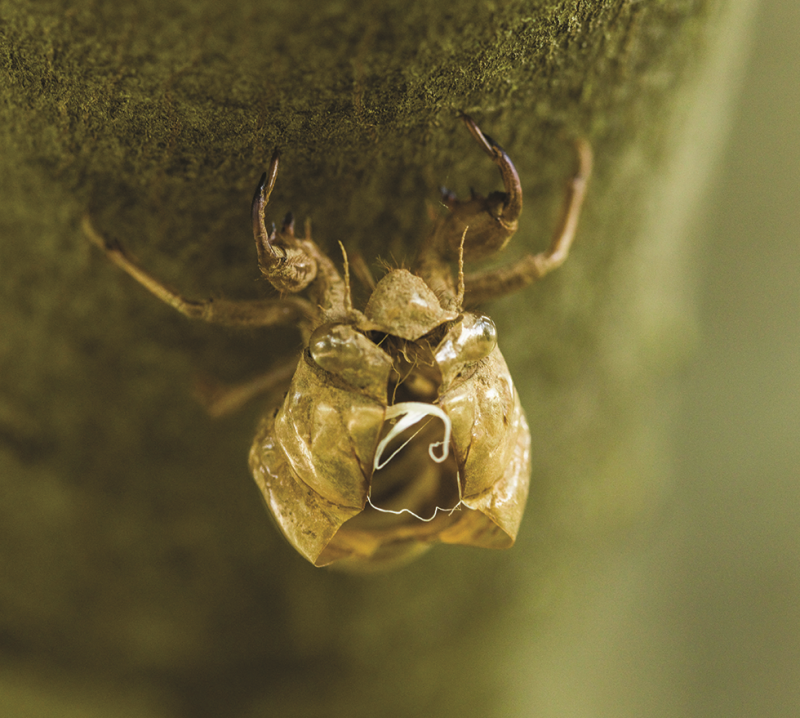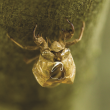Maine CDC urges precautions as tick activity increases
The Maine Center for Disease Control and Prevention (Maine CDC) urges the public to take precautions against ticks in October and November, when the state typically experiences a second peak in adult deer tick activity. Deer ticks can carry the germs that cause tickborne diseases such as Lyme disease, anaplasmosis, and babesiosis. These germs spread through the bite of an infected deer tick. Deer ticks are most commonly found in wooded, leafy, and shrubby areas, including in areas around the yard. This means most Mainers are at risk of tick bites every day.
As of Oct. 5, Maine CDC had recorded 39 cases of babesiosis, 338 cases of anaplasmosis, and 761 cases of Lyme disease this year. Although the number of tickborne disease cases reported to Maine CDC is lower so far this year than in recent years, the risk of tickborne disease remains high for humans and pets spending time outdoors.
The most commonly reported symptom of Lyme disease in Maine is a "bull's-eye" rash. Other common symptoms of tickborne disease include body aches, chills, fever, headache, and swollen lymph nodes. See a health care professional if you experience any of these symptoms after spending time in tick habitat.
Mainers and visitors who spend time outdoors this fall should take steps to limit their exposure to ticks. The following four strategies help to prevent exposure to ticks and the diseases they may carry:
- Know when you are in tick habitat and use caution.
- Wear an EPA-approved repellent such as DEET, picaridin, IR3535, and oil of lemon eucalyptus on skin and permethrin on clothing.
- Wear light-colored clothing that covers the arms and legs and tuck pants into socks.
- Perform tick checks daily and after any outdoor activity.
For more information:
- Visit [//www.maine.gov/dhhs/mecdc/infectious-disease/epi/vector-borne/index.shtml]www.maine.gov/dhhs/vectorbornefor information and resources about tickborne diseases.
- Visit [//www.maine.gov/dhhs/mecdc/infectious-disease/epi/vector-borne/tick-messaging.shtml]www.maine.gov/dhhs/tickfaq for frequently asked questions about ticks.
- Visit [//extension.umaine.edu/ticks/]ticks.umaine.edu for more information about tick identification and testing through the University of Maine Cooperative Extension Tick Lab.
Event Date
Address
United States





































